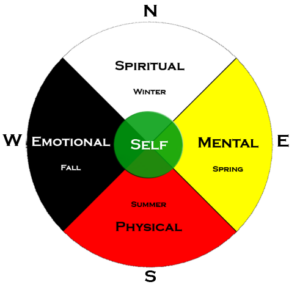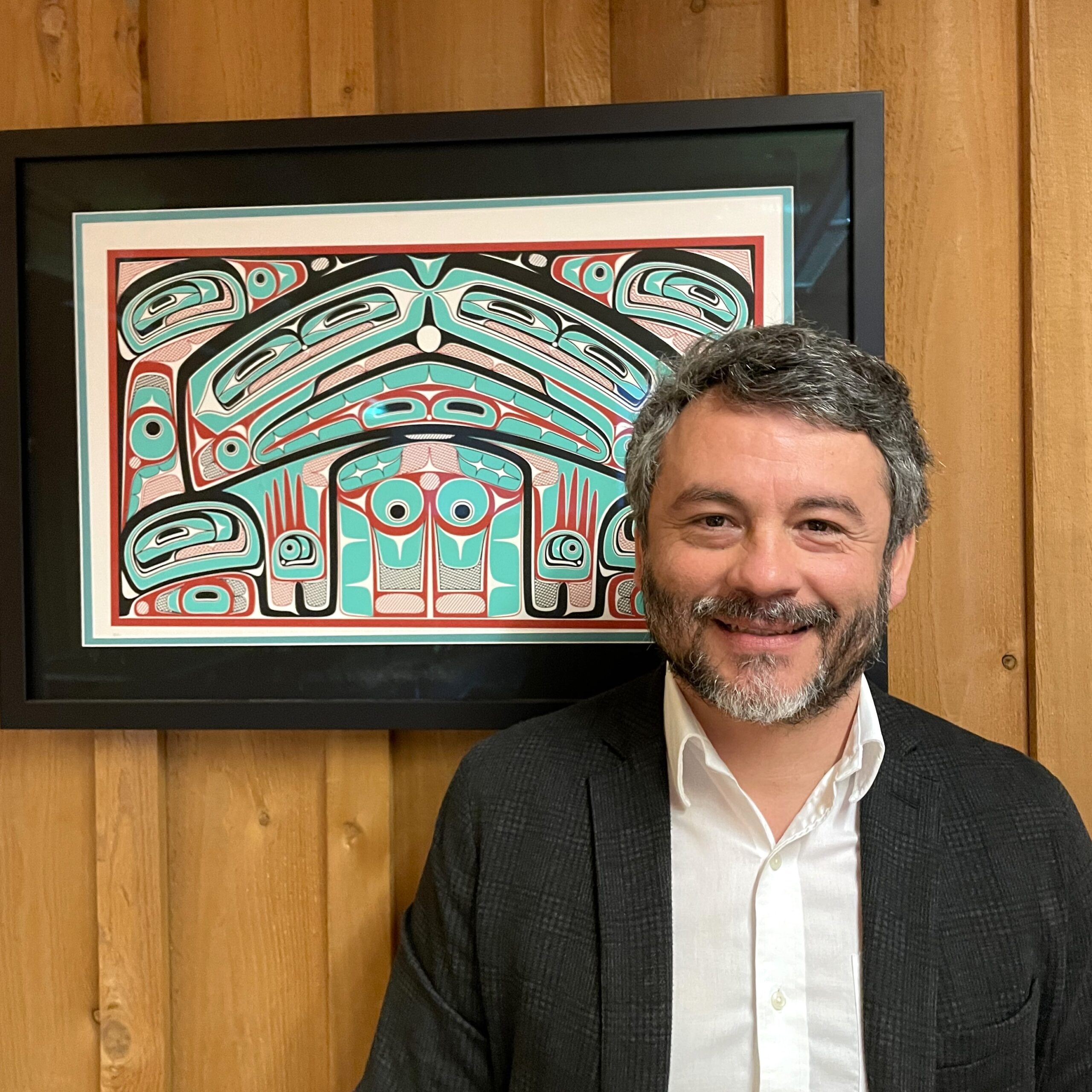Meet Luis, a Family Preservation Counselor who works to rebuild relationships and strengthen families.
Please introduce yourself in your role here at VACFSS. What has led you to work in this field? How does it tie into your values?
Thank you, my name is Luis. I am Family Preservation Counselor, and my background is in psychology. What brought me to this role was that it’s working directly with families. I love this position, even those two words in the name: Family Preservation. When I saw the position, I knew it was something I wanted to do – working with families to keep them united and strong.
How would you describe your role in the Family Preservation and Reunification department at VACFSS?
The role Family Preservation Counsellors play is mainly rebuilding relationships. We are working with families that have been impacted by intergenerational trauma. We are trying to improve relationships broken with their families, parents, siblings, communities, and personal identities. To do this, I need to build a relationship with the family that is based in trust, security, and safety. Together, we work to create a new space where they regain confidence in the way that they build and define relationships.
I see how beautiful the parents view their kids, and that is where the parents find purpose. I believe here is where we find strength.
How would you describe the unique position and perspective of Family Preservation and Reunification within child protection services?
Sometimes when I start working with a family, there can be some feelings that create a little bit of suspicion about my role. I understand why this happens. We are an agency that provides both family preservation and child safety services at the same time. The child is always the centre of focus as we consider all their needs.
However, the Family Preservation team at VACFSS redefines a lot of concepts within the system with our decolonial practices. I think that’s the unique perspective that we have here. Strengthening the families as a unit, where the child is in the center, is the focus of our attention. We work with parents to find strength to create these safe environments for the child.

And how would you describe the Medicine Wheel and how it plays into your own personal practice?
It is a model, a holistic way to understand the human being. There are four factors that are considered: the physical, the emotional, the psychological, and the spiritual way. If all those factors are balanced, the person will be more resilient and live a quality life. But when any of those factors are affected and out of balance, that’s where some issues might happen.
So, when I start working with a family, I see what’s going on there. How is the health, how the physical health, how are they feeling? How are they affected by trauma, what kind of life experiences have they had? And then, how is the spirituality at this point? The first question that I ask myself, when I start working with someone is, who is the person that I have in front of me? What is their life’s story? For me, narratives are key, because they show the ways we interpret our reality, ourselves, society, community, and healing. When I start working with someone, I am aware that there is one life story. I try to find the connections with all the components that are featured in the Medicine Wheel.
What have you learned during your year and a half of working here at VACFSS?
My philosophy of life is that there’s something that I can learn from anyone, anywhere, and I say I’ve learned a lot from the people that I’m working with. That’s important for me because every time that I learn something from the parent, I modify my practice.
Let’s say time. Time is so important, and it’s relative. For example, consider the amount of time that I need to work with a family, I follow my schedule for my appointments, and it is based on my own perception of time. I only have one hour for lunch. I have two hours to meet this parent. I have 45 minutes to do our foundation meeting. All this scheduling I must consider, but how does the family perceive time? So, I find myself learning their pace and finding the amount of time that every parent needs. It’s very individual and different for everyone.
And lastly, what takeaway would you like readers to have about the Family Preservation Reunification department?
I think the role that we are playing here at VACFSS, from my perspective, is keeping the connection between the parents and their kids. We consider Indigenous communities in our practice, and families as a unit that we need to keep strong, so they don’t break that sense of belonging.
I understand the relationships we build using a circles model. The first circle is with mom, the second surrounding this one is dad, and then all the circles around including extended family, community, and then society. If we don’t have secure attachment in our first circles, it’s going to be so difficult to have a healthy community sense in the future. When I work with the parents, I see the child in their speech, in their narratives, and then what kind of child they have in their minds. I see how beautiful the parents view their kids, and that is where the parents find purpose. I believe here is where we find strength.
I hear them say, “My child brings me purpose. Even though I have losses, I am grieving, I have been abandoned, I have some parts of my life that are broken, but my child brings me purpose.” And in my role as a Family Preservation Counsellors, I accompany the parents in their journey to healing. Every time that they accomplish something where they feel proud – I’m proud as well, and I’m very glad that I’m participating in their important life journey.











